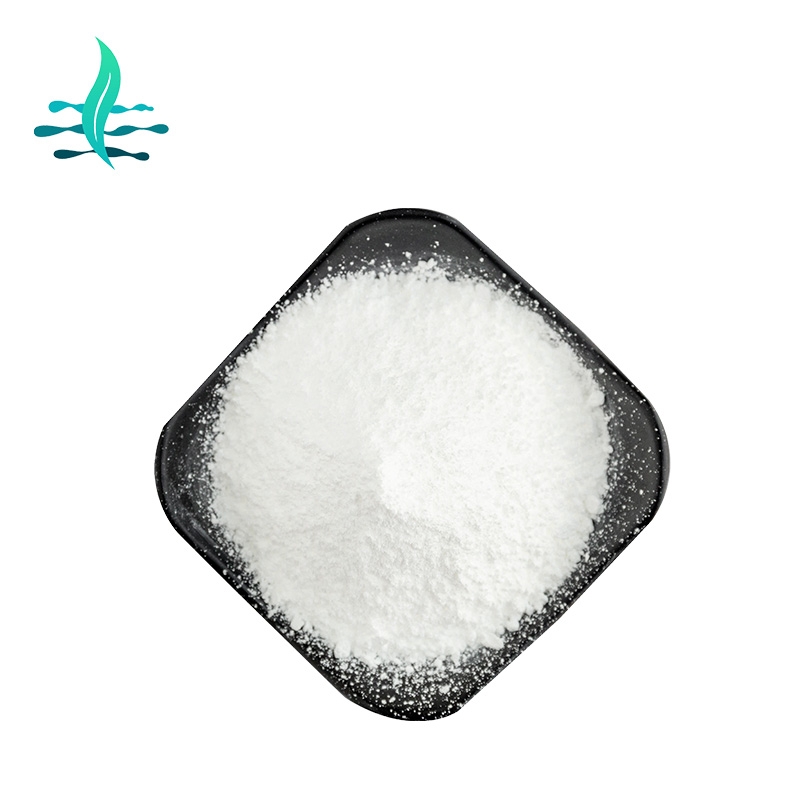-
Categories
-
Pharmaceutical Intermediates
-
Active Pharmaceutical Ingredients
-
Food Additives
- Industrial Coatings
- Agrochemicals
- Dyes and Pigments
- Surfactant
- Flavors and Fragrances
- Chemical Reagents
- Catalyst and Auxiliary
- Natural Products
- Inorganic Chemistry
-
Organic Chemistry
-
Biochemical Engineering
- Analytical Chemistry
-
Cosmetic Ingredient
- Water Treatment Chemical
-
Pharmaceutical Intermediates
Promotion
ECHEMI Mall
Wholesale
Weekly Price
Exhibition
News
-
Trade Service
The chemical industry is a vast and complex sector that involves the production of a wide range of chemical products.
These products are used in various industries and applications, including pharmaceuticals, cosmetics, textiles, fertilizers, and plastics.
One of the key aspects of the chemical industry is the identification and production of upstream and downstream products.
Upstream products are raw materials or intermediate chemicals that are used as input for the production of downstream products.
These upstream products are typically produced by chemical companies, which then sell them to other manufacturers who use them to produce finished goods.
Downstream products are the final products that are produced by chemical companies, and they are often used in a variety of applications.
These products can be divided into different categories, including consumer products, industrial products, and specialty products.
Consumer products are goods that are sold to the general public, and they are often used in personal care, household, and food applications.
Examples of consumer products include cosmetics, detergents, cleaning agents, and food additives.
Industrial products are goods that are used in industrial applications, such as manufacturing, construction, and transportation.
Examples of industrial products include lubricants, solvents, and raw materials for the production of other chemicals.
Specialty products are unique and specialized chemicals that are used in niche applications, such as pharmaceuticals, biotechnology, and electronics.
Examples of specialty products include polymers, enzymes, and biodegradable materials.
One of the key factors that determine the success of a chemical company is its ability to identify and produce high-quality upstream and downstream products.
Chemical companies need to ensure that their upstream products are reliable, cost-effective, and of a high quality, while their downstream products are innovative, sustainable, and meet the needs of their customers.
In recent years, the chemical industry has faced increasing pressure to become more sustainable and environmentally-friendly.
This has led to a growing demand for downstream products that are produced using environmentally-responsible methods and are less harmful to the environment.
In response to this trend, many chemical companies have invested in research and development to produce downstream products that are more sustainable and environmentally-friendly.
For example, companies have developed products that use renewable energy sources, reduce waste, and minimize the use of harmful chemicals.
Another trend in the chemical industry is the growing demand for specialty products.
As technology advances and new applications emerge, there is a growing need for unique and specialized chemicals that can meet these demands.
Chemical companies are investing in research and development to produce these specialty products, which can be used in a wide range of applications, from pharmaceuticals to electronics.
Overall, the upstream and downstream products of 1196107-73-9 are just one example of the complex and diverse range of chemical products that are produced by the chemical industry.
Companies in the chemical industry need to stay up-to-date with market trends and customer demands in order to remain competitive and successful.
By producing high-quality upstream and downstream products, chemical companies can meet the needs of their customers and contribute to the growth and development of the chemical industry.






